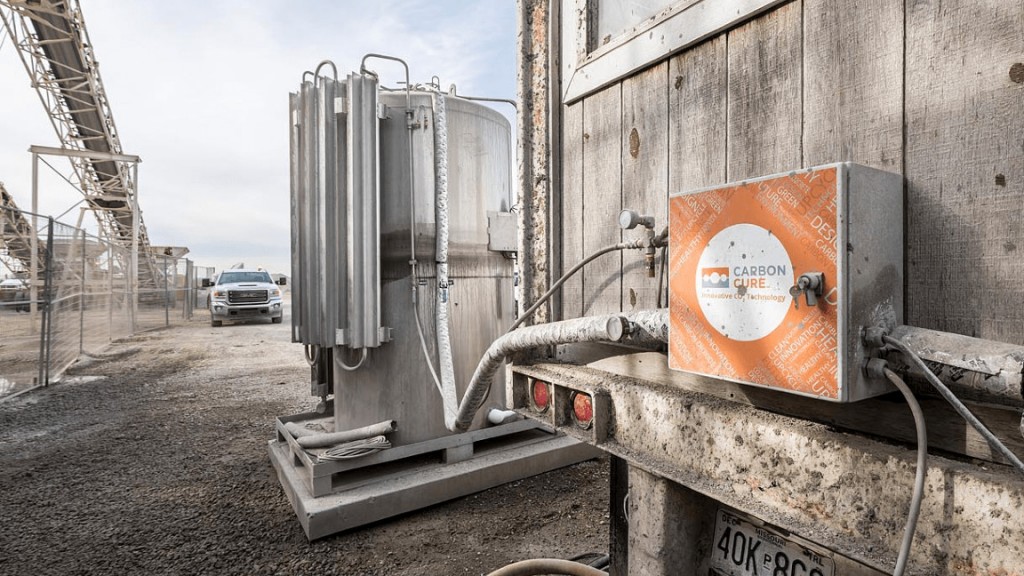U.S. Department of Energy to invest $6 billion to help decarbonize the industrial sector
Investment plans include decarbonization efforts in the concrete and cement industry

NEU: An ACI Center of Excellence for Carbon Neutral Concrete (NEU) has released detailed plans for $6 billion of investments in the U.S. industrial sector by the U.S. Department of Energy (DOE). These investments will establish future paths to decarbonize the industrial sector.
The industrial sector creates one-third of global CO2 emissions. These investments are spread out over the cement, steel, and aluminum industries and aim to increase the sustainability efforts in the industry.
In the cement and concrete industry, industrial demonstrations program selections for award negotiations are:
- Deeply Decarbonized Cement project
- Brimstone Energy, Inc.
- Federal cost-share: up to $189 million
- First Commercial Electrochemical Cement Manufacturing
- Holyoke, Mass.
- Sublime Systems, Inc.
- Federal cost-share: up to $86.9 million
- Lebec Net Zero Cement Plant project
- Lebec, Calif.
- National Cement Company of California
- Federal cost-share: up to $500 million
- Limestone Calcined Clay Cement Production
- Troutville, Va.
- Roanoke Cement Company
- Federal cost-share: up to $61.7 million
- Low-Carbon Calcined Clay Cement Demonstration
- Port Deposit, Md.; McIntyre, Ga.; Elmendorf, Texas; Sulphur Sprints, Texas
- Summit Materials, Inc.
- Federal cost-share: up to $215.6 million
- Mitchell Cement Plant Decarbonization Project
- Mitchell, Ind.
- Heidelberg Materials, Inc.
- Federal cost-share: up to $500 million
"The steps just taken by the DOE to invest in the decarbonization of our industry will help the U.S. cement and concrete industry aim for the White House's initiative of net-zero emissions operations by 2050," said Dean Frank, executive director of NEU. "Here at NEU, we will continue our work with government agencies and the industry to help encourage the use of both new and existing materials and technologies to reduce carbon emissions."


